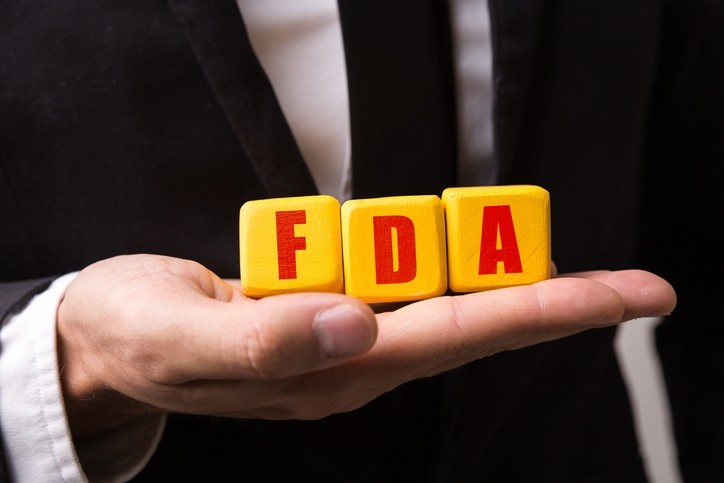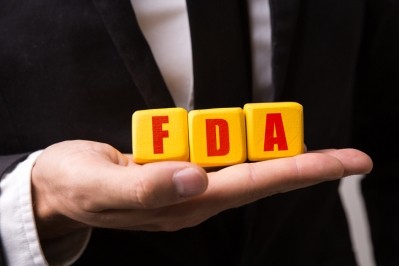FSMA guidance on certifying inspectors in foreign markets impacts supplement industry, observer says

The new draft guidance, styled as a Q&A, was issued late April. It lays out the parameters for the Accedited Third Party Certification Program. It’s a part of FSMA that was envisioned to help FDA better extend its reach into foreign markets and facilities so that food safety issues could be addressed at the source.
FDA does inspect foreign facilities, but as the Agency can inspect only a small subset of domestic facilities in a given year, far fewer still are visited in foreign markets. One of the goals of FSMA all along was to put this kind of program into place to certifiy that foreign inspection organizaitons are up to US standards so more facilties can be verified.
Supplement firms need to come up to speed
Bill Frankos, PhD, former senior vice president of science, safety and compliance at Herbalife and a former head of FDA’s Division (now Office) of Dietary Supplement Programs, said the Q&A is a good first step in explaining the complicated process of certifying a foreign inspection group to the US standard. It’s something that FDA had not done before.
Frankos said with the program now becoming fully enmeshed in the workings of FSMA it serves as notice to companies in the dietary supplement industry that are importing material (which would be the large majority of them) that they need to become fully conversant with the provisions of the law.
He said he’s also glad to see the supply of dietary ingredients now come completely under the GMP umbrella. Excluding ingredient suppliers from DSHEA was one of the compromises that made the law palatable from a cost impact perspective, Frankos has said. The idea over the years has been that ingredient suppliers would have to hew to the GMP line if they wanted to supply to manufactures who themselves had to be in GMP compliance.
Closing the GMP circle
The system has worked after a fashion but it never made complete sense from a regulatory perspective. FSMA now completes that circle, and Frankos said supplement firms need to take that into account.
“It’s still a complicated set of regulations and I expect additional Q&A will be needed. I am very happy that FDA is formally indicating that they will recognize third party GMP audits of dietary supplement manufacturing sites. For years I personally have advocated for inclusion of third party GMP audits of dietary supplement manufacturing facilities under the Third Party Program,” Frankos said.
“The food and dietary supplement manufacturing facilities are co-mingled globally and many times the same ingredients go into foods and dietary supplements. Furthermore, FDA GMP audit resources are stretched very thin, and use of third-party audits will help take some of the burden off of FDA inspectors,” he added.
Government organizations likely first to qualify
Frankos said the program is likely to get off to a slow start. At the moment, few foreign inspection bodies are familiar enough with FDA requirements to qualify under the program. But the huge pull of lucrative US market will serve as a powerful financial stimulant, he said.
“Initially, there will probably be a small number registered GMP auditors, but within five years I think the demand for foreign GMP will grow rapidly as companies realize it will help them to get their products into the US faster. As always, demand increases supply! Right now, there just aren’t many foreign individuals or companies that are familiar with FDA Food/Dietary supplement GMP requirements,” he said.
Frankos said the food safety organs of foreign governments are most likely to be the first organizations to qualify under the program. But he envisions universities could get involved and private certifiers could, too, if demand for the services grows fast enough.
Frankos said supplement companies should view becoming familiar with the FSMA requirements as something beyond a purely defensive measure, to keep them clear of the regulatory hot waters. Rather, he said early adopters could find it to be a competitive advantage.
FSMA familiarity as competitive advantage
“The global food, dietary supplement marketplace, and functional foods marketplace is no longer easily separated into discreet pipelines. You cannot easily segregate an ingredient and claim it will only be used in a dietary supplement or only in a food. The days of supplement ingredient manufacturers ignoring FSMA regulations are really in the past,” he said.
“It’s a global marketplace now and if you want to quickly bring products into the US you should embrace the Foreign Supplier TPP as a way to speed up the process and avoid unnecessary delays getting your products through customs. The world is just one big marketplace and the best way to stay competitive is to do anything you can to speed up the regulatory process of getting your product in front of your customer,” Frankos concluded.
The full FDA draft Q&A guidance can be found here. A docket for comments has been opened that will close in late July.









